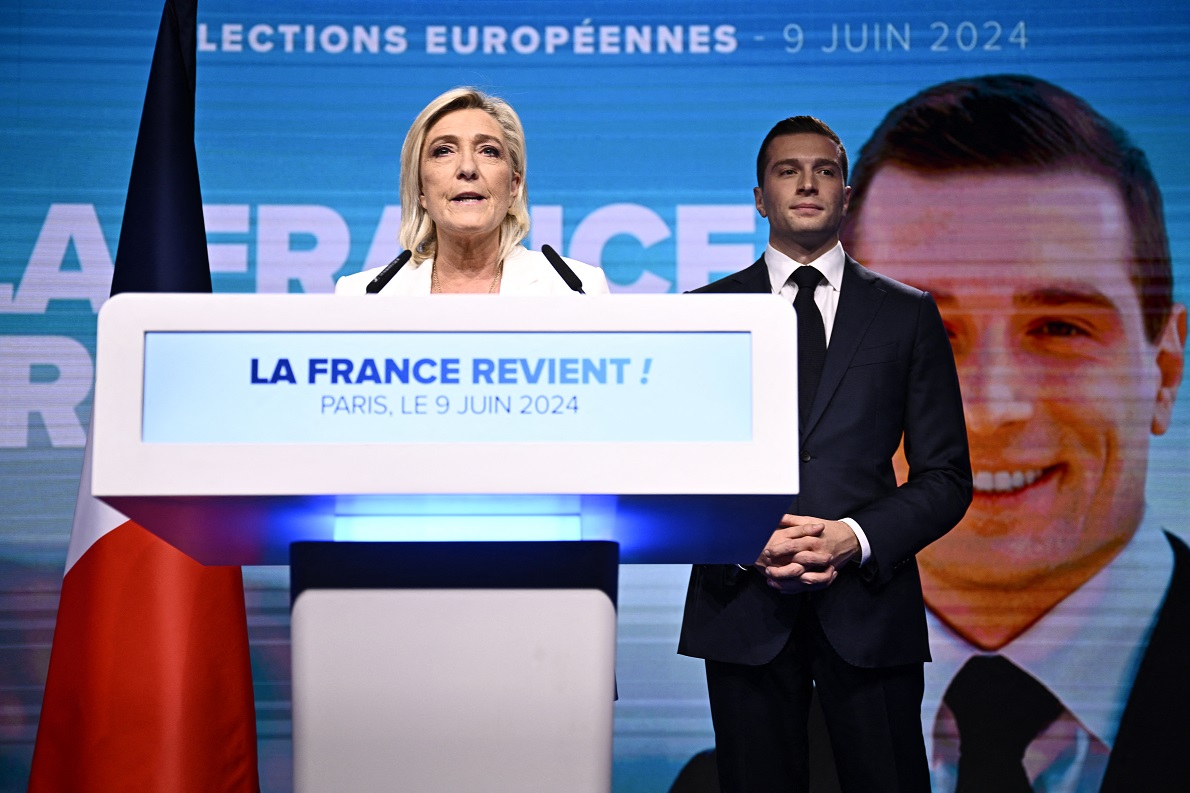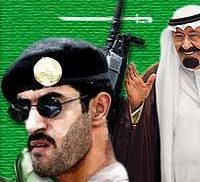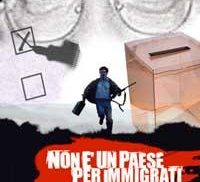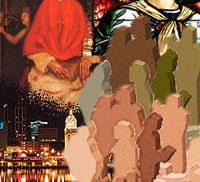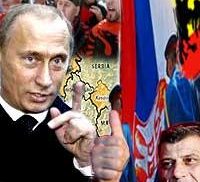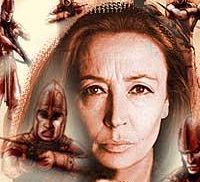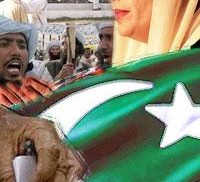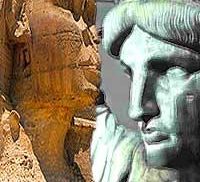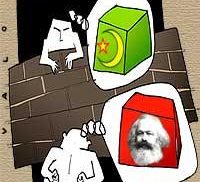Across Europe, far-right parties are gaining ground like never before since World War II, reshaping political landscapes and cultural narratives. From coalition governments to influential parliamentary blocs, their rise reflects deep-seated shifts in societal dynamics. What factors have fueled this surge? How have traditional parties and evolving cultural identities contributed to the far right’s growing appeal? What does it mean for Europe’s future? This dossier delves into the complex dynamics behind the far right’s ascent and the challenges it presents to European democracy.
Dossiers
- Although it is still impossible to build a Christian church in Saudi Arabia, King Abdullah has intensified interreligious dialogue with Pope Benedict XVI. The debate addressing women’s right to drive has recommenced, however, the “religious police”, the Mutawwa, continues to rule. Conflicting news from a mysterious kingdom safeguarding Islam’s holy places, but one that is certainly not considered a model by the Muslim world. Riyadh is still a key ally for the USA, not only for its oil but above all due to the anti-Iranian role it plays in this region, and this is one of the reasons for which, while the world fights for Tibet, for some time now silence has fallen as far as human rights in Saudi Arabia are concerned.
- Barack Obama has a multicultural and international background. His father is Kenyan, he has lived in Indonesia and his family is spread out over three continents, as far as China. On the other hand, former First Lady Hillary Clinton has more experience in foreign policy issues, although only indirectly. The world cannot vote for either of them, but it is closely watching the race between the two Democrat candidates to the White House. And it wants to know who has more chance of resolving the Israel-Palestine conflict? Who would be better at handling the crisis in Iraq and the difficult relations with Iran?
- In the Democratic Party primaries, immigrants took part en masse, but Walter Veltroni’s party has not even proposed one as a candidate for the forthcoming national elections on 13th April. On the contrary, he has excluded the only outgoing representative, Khaled Fouad Allam, from the list. The centre-right chose Souad Sbai, although she risks not being elected. Italians abroad who are not living in Italy can vote, whilst the children of immigrants, who support the Italian national football team, speak local dialects and have possibly always lived here, cannot vote. Why do Italian politics dismiss immigrants? Because they don’t vote? Because politicians think that they make them lose votes?
- The concept of secularism originated in the West, although here it has and has had various meanings. Philosopher Charles Taylor says ‘it consists, among other things, of a move from a society where belief in God is unchallenged to one in which it is understood to be one option among others’. In the Muslim world secularism creates several misunderstandings. And yet when interpreted in a certain sense, it could present itself as ‘the third way’ to the crisis of political societies in the Middle East and in opposition to the secular authoritarianism of the state and the rise of religious fundamentalism within the civil society.
- Various Communist politicians and Muslim intellectuals have called upon people to boycott the Book Fair in Turin, “guilty” of asking Israel to be its guest of honour. This has sparked off a heated debate in Italy, where the reasons of those against the boycott have come across as much more balanced and sound (one cannot compare the Israeli government with its writers, and the authors invited, such as Oz and Yehoshua, are men of peace and dialogue). Someone however (who really could not wait) has seized the occasion to expose some anti-semitism and "Islamic fascism" in someone who in reality only reacted due to political reasons, such as Tariq Ramadan.
- The parliamentary elections on the 17th November saw victory for those in favour of secession from Serbia. It is likely that with effect from the 10th December Kosovo will unilaterally declare its independence. What will the consequences of this decision be for the region? The Kosovars see no other alternative. Serbia considers independence to be inadmissible, and has the support of Russia. The international community is divided. And so is Europe, which urges caution but risks proving itself once again to be impotent in the face of crisis in the Balkans. Yet now more than ever there would seem to be a need for an inequivocal stance.
- One year after her death, an exhibition dedicated to Oriana Fallaci has met with the usual success with audiences in New York, Milan and Rome. And once again it resulted in moved memories expressed by the media (most of all Rizzoli and Mediaset). Two sociologist, one French and the other Italian, once again ask themselves why Italians love Oriana Fallaci and her Lepenist school of thought so much. Are they racists? Her success in Italy and abroad reveals interesting information not only about those who love her last books, but also about our societies. This is the thesis embraced by Giancarlo Bosetti, Reset’s editor in chief, who has written a book about Fallaci, about “orianism” and thinking-in-terms-of-the-enemy.
- According to the Economist Pakistan is the most dangerous place in the world. And nevertheless, Pakistan boasts a long tradition of democracy. Its people is moderate and against terrorism. Its media are definitely freer than the average Arab country. Benazir Bhutto was the first Muslim woman to become Prime Minister. Its economy is growing by 7% on average per year. Pakistan could be a much more modern and attractive model for Islamic countries than the Saudi Wahhabi one. This is why on the next elections on 18th February, the future not only of Pakistan, but also a large part of the future of Islam is at stake.
- What does ‘democracy’ mean for you? Reset posed the question to two prominent intellectuals – one belonging to the Western tradition and one from the Arabic tradition. The result is the dialogue published below, which takes its starting point from a text written for Resetdoc by Carlo Galli. Andrew Arato, the editor of Constellations and professor of Political Theory at New York’s New School, does nothing to mask the limits of current Western liberal democracies, but states that democracy represents “the only response the the profound crisis of the Arab world.” The response of Hassan Hanafi, professor of philosophy at the University of Cairo, is caustic: "Democracy is a means, not an end, and liberal democracy is not the magic key that opens all the secrets of the world."
- What stance should the left adopt with regard to Islam and a multicultural society? Dialogue or cold war? In an article published in the magazine Reset, Nadia Urbinati of Columbia University initiated a long discussion with the Princeton philosopher Michael Walzer, editor of Dissent. Urbinati evoked post-war categories, internal criticism from Eastern dissidents, and the rejection of ‘block thinking’. Walzer adopted a more sceptical stance on dialogue, saying that criticism of extremists must come from within their own ranks. It is a crucial issue for today’s world, on which the philosopher Charles Taylor has also shared his views.


